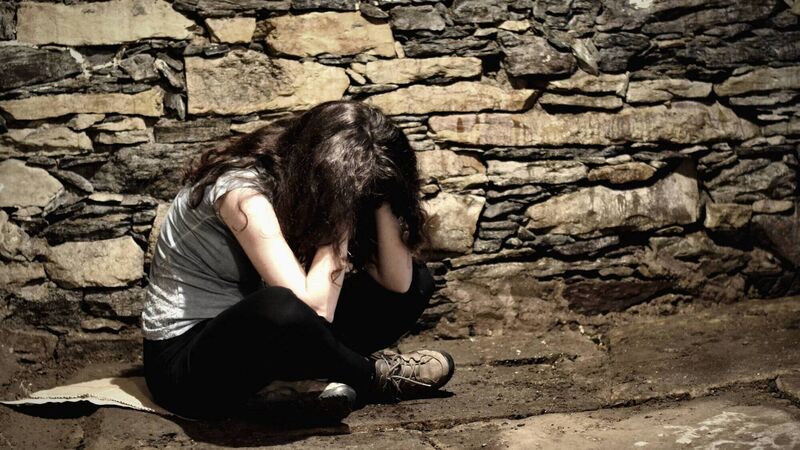Quarter of people seeking treatment for sexual assault were children

Almost one in ten people who sought treatment at sexual assault treatment units had been assaulted by multiple assailants.
One in four people who sought treatment for a sexual assault in 2020 were aged under 18.
Almost one in ten people who sought treatment at one of the country's network of sexual assault treatment units had been assaulted by multiple assailants, a new report has found.










